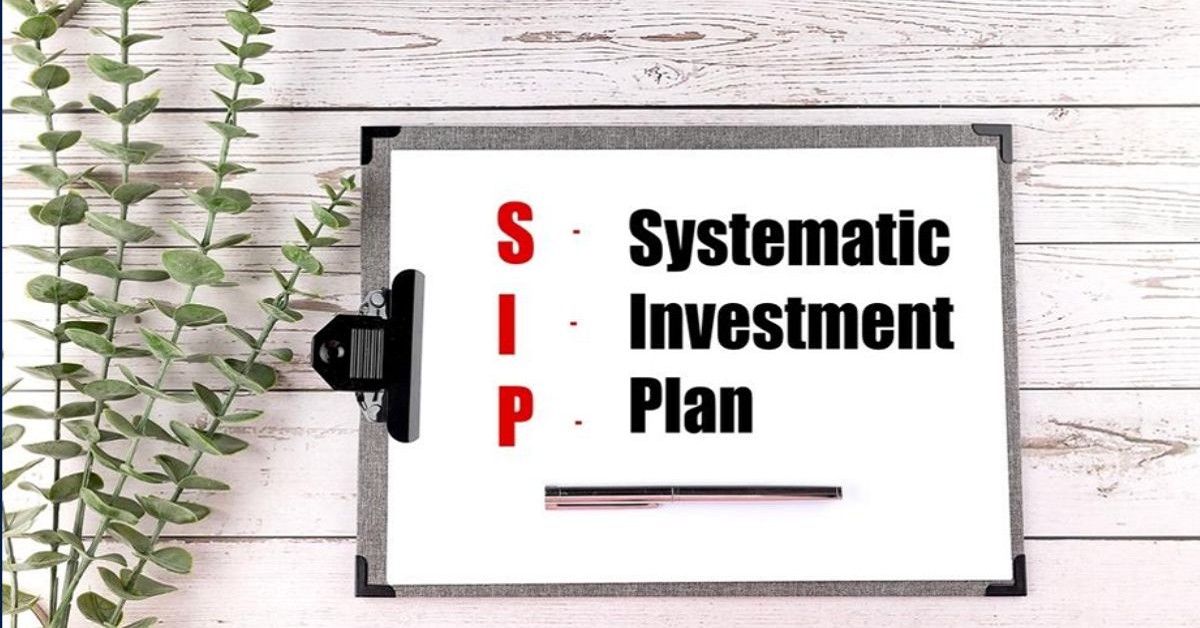You don't need a large lump sum to begin your mutual fund journey. With daily Micro SIPs, investors can start with amounts as low as Rs 100 per day, making mutual fund investing more inclusive and accessible, especially for first time, young, or low income investors.
To promote small ticket investments, the Securities and Exchange Board of India(SEBI) has allowed Micro SIPs systematic investment plans where the total investment does not exceed Rs 50,000 in a financial year per investor to be initiated without a PAN, subject to specific conditions. These include submitting a valid government issued photo ID and complying with relaxed KYC norms.

Key Takeaways
- Daily Micro SIPs allow investors to start with small amounts typically as low as Rs 100 per day making mutual fund investing more accessible.
- Under SEBI guidelines, investors can invest up to Rs 50,000 per financial year through Micro SIPs without needing to submit a PAN card.
- Instead of full KYC, investors must submit a valid government-issued photo identification (such as Aadhaar, Voter ID, or Driving Licence), verified against the original.
- UPI Autopay enables seamless, automated daily deductions, helping maintain investment discipline.
- Investing daily may improve rupee cost averaging, as it spreads purchases across various market levels.
- As your income and confidence grow, you can switch to larger monthly SIPs or explore top up SIP options for higher long term wealth creation.
What Is a Micro SIP as per SEBI Guidelines
A Micro SIP is a small ticket Systematic Investment Plan where the total investment by an individual across all mutual funds does not exceed Rs 50,000 in a financial year.
To make mutual fund investing more inclusive, SEBI has exempted the PAN requirement for such investments, provided the following conditions are met:
- The aggregate investment across all mutual funds through SIPs remains within the Rs 50,000 annual limit.
- The investor must provide a valid government issued photo identity (such as Aadhaar, Voter ID, or Driving Licence), which is verified against the original.
- Simplified KYC procedures apply, including in person verification by the mutual fund house or distributor.
This framework is especially helpful for enabling investments for individuals such as domestic workers, daily wage earners, or first time investors who may not possess a PAN card but wish to begin their investment journey.
How Does UPI Autopay Work for Daily SIPs?
UPI Autopay is a feature that allows you to authorize automatic daily SIP payments directly from your bank account. Once set up, your SIP amount is debited every day without needing manual action making it seamless and error free.
How Affordable Is Rs 100 Per Day
A Rs 100 daily SIP equals Rs 3,000 per month a small, consistent amount that lowers the psychological barrier to investing. It is a great way for low income earners to participate in mutual fund investing without financial strain.
Is Daily SIP Better for Rupee Cost Averaging
Yes, Daily investments spread your purchase across more NAV points, helping average out the cost of units better than a single monthly purchase. This could potentially reduce volatility risk and improve long term returns.
How Are Fintech Platforms Encouraging Daily SIPs
Fintech platforms are playing a key role in promoting Daily Micro SIPs by making investing simple, engaging, and habit forming especially for first time investors.
Here is how they do it:
- Progress tracking with goal based visuals and interactive dashboards
- Badges or milestone rewards for consistent investing habits
- Personalised reminders to ensure SIPs aren't missed
- Seamless integration with UPI Autopay for hassle free daily deductions
These features not only simplify investing, but also create a sense of achievement, making the process more relatable for Gen Z and millennials who are comfortable with digital first financial tools.
Are Micro SIPs Safe and Regulated?
Yes, Micro SIPs are completely safe and regulated under the same SEBI framework that governs all mutual fund investments in India.
Although the PAN requirement is waived for investments up to Rs 50,000 per financial year, investor protection norms remain fully intact. These include:
- Investments routed through SEBI registered Asset Management Companies (AMCs)
- Portfolio disclosures and Net Asset Value (NAV) published daily
- Account statements and transaction alerts sent regularly
- Online grievance redressal mechanisms for investor complaints
In short, Micro SIP investors enjoy the same level of regulatory protection and transparency as any other mutual fund investor, making it a safe and reliable option for beginners and underserved segments.
Conclusion
Daily Micro SIPs are transforming how India saves and invests. With SEBI's supportive framework, even those without a PAN can begin investing up to Rs 50,000 a year. By combining accessibility, automation and investor protection, Micro SIPs make it easier than ever to start building wealth.
So whether you are a first time investor, a student, or helping someone in your household take their first financial step, a Daily Micro SIP could be the simplest way to start a disciplined and rewarding investment habit.
FAQs
Q1. What is the limit for Micro SIPs under SEBI guidelines?
Micro SIPs are limited to Rs 50,000 per investor per financial year. Exceeding this amount will require full PAN based KYC.
Q2. Is a PAN card required for Micro SIPs?
No, PAN is not required if your total SIP investments are within Rs 50,000 annually. However, you must submit a valid photo ID issued by the government..
Q3. Can I stop or change a Micro SIP later?
Yes. Most platforms allow you to pause, stop, or edit your SIP as per your convenience.
Q4. Can I later convert Micro SIPs into normal SIPs?
Yes. Once you're ready to invest more than Rs 50,000/year, you can complete full KYC and start standard SIPs.









 CAclubindia
CAclubindia
